Feature your business, services, products, events & news. Submit Website.
Breaking Top Featured Content:
Evergrande: Will WE Ever Learn?
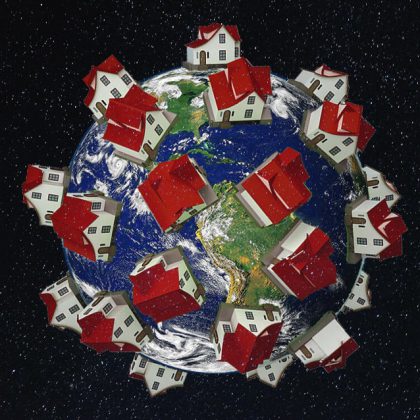
A seemingly never learnt lesson
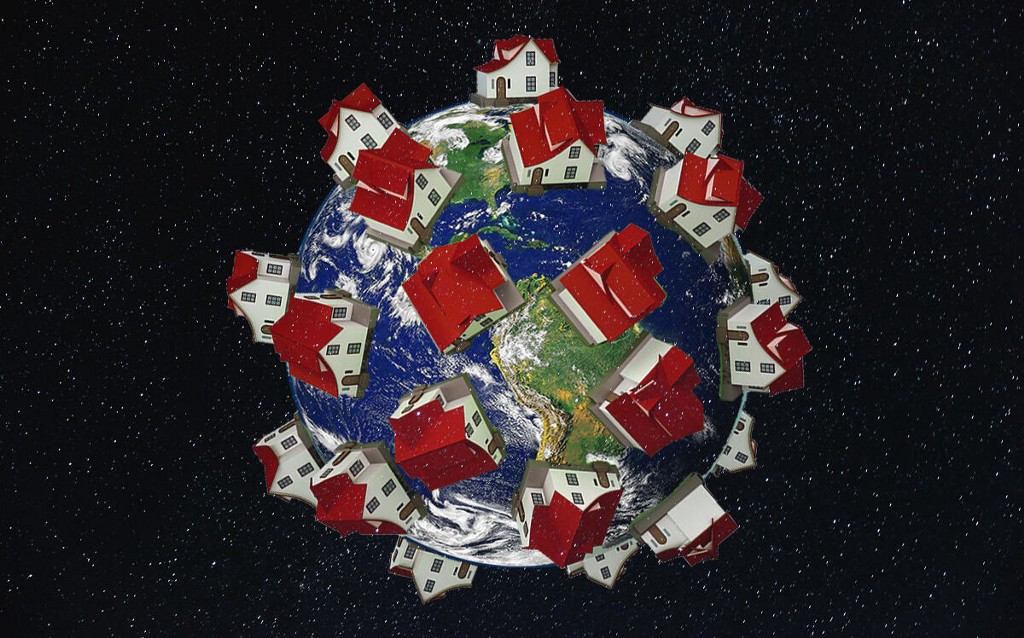
As we saw in the previous article ‘A Tale called Bitcoin’ (https://wire.insiderfinance.io/a-tale-called-bitcoin-58ec764ff119) in the climax leading to the 2008 Financial Crisis, exponential growth in the economy is often deeply tied with the expansion and development of the housing market: the house, the key component to all humans since the dawn of time and an element that played a more and more important role as our society has transformed into a more sedentary structure.
Yet the dangerous mix of euphoria and blind trust in a time of economic growth, high level of leverage in the financial system, and a basic lack of common sense may bring challenges ahead.
Entering the latest piece in this dangerous game:
All welcome EVERGRANDE.
HOW ‘big’ is BIG?
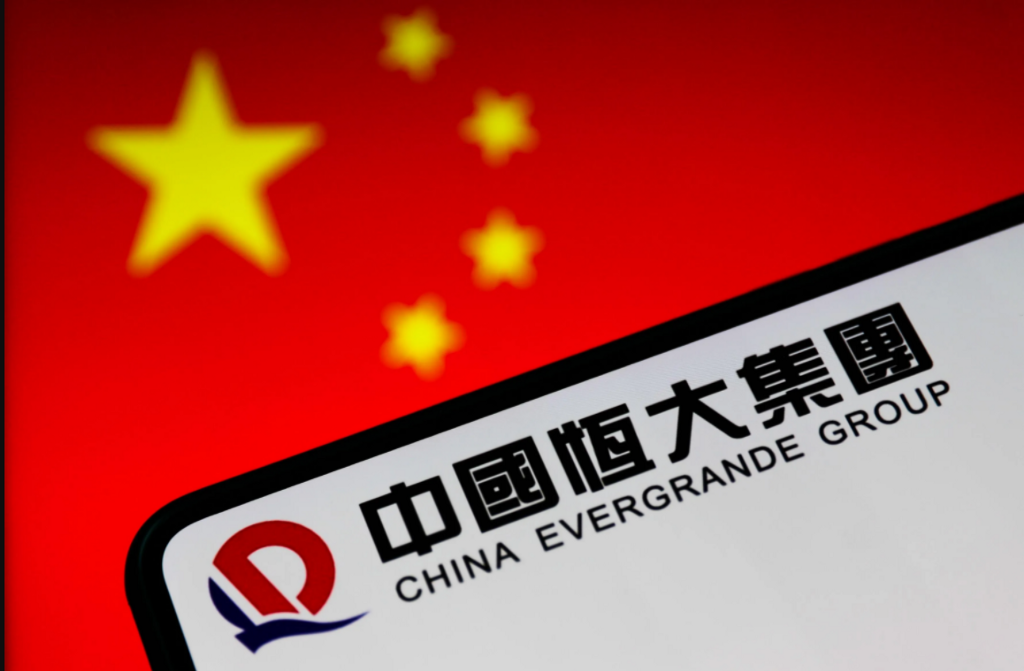
At one time, China Evergrande Group was the largest real estate company in the world.
Founded in Guangzhou in 1996, The group was founded by Chinese billionaire Xu Jiayin, also known as Hui Ka Yan in Cantonese, who was once the country’s richest man.
https://money.cnn.com/2017/10/12/news/economy/china-richest-man-hurun-list/index.html
Evergrande has epitomized China’s freewheeling era of borrowing and building, the company is part of the Global 500— meaning that it’s also one of the world’s biggest businesses by revenue.
China Evergrande Group | 2021 Global 500
Evergrande had nearly $78 billion in revenue last year and hundreds of projects in more than 280 Chinese cities employing over 200.000 people.
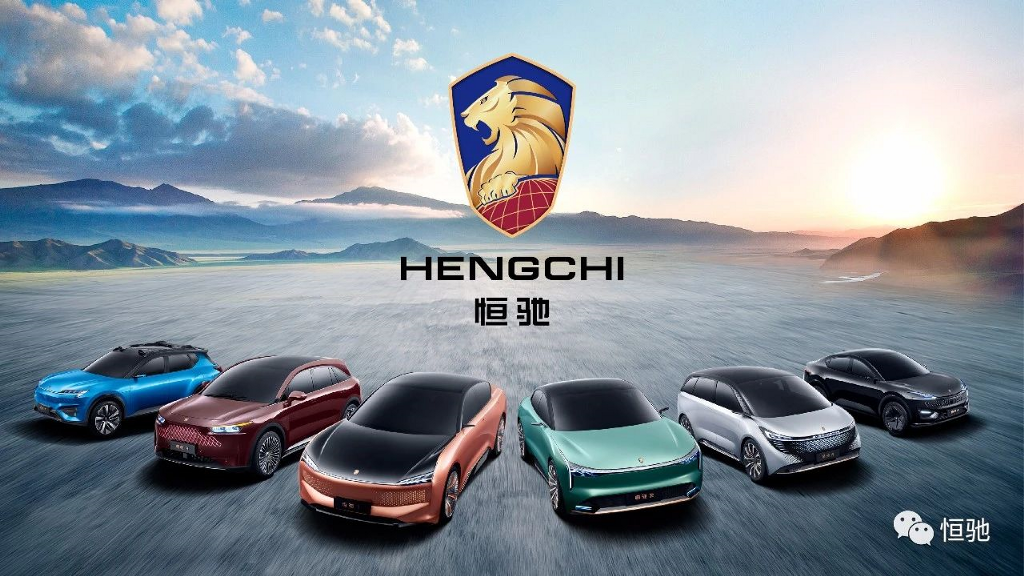
Its power and influence expands also to the automotive industry (with an electrical-car manufacturing division), amusement parks & tourism, health sector, and a football team.
For years it used borrowed money and presold apartments to aggressively amass land and develop projects. Along the way, the company paid out billions of dollars in dividends to shareholders, including the equivalent of more than $5 billion over the past three years to founder, top shareholder, and Chairman Hui Ka Yan.
‘IN THE NAME OF PROFIT’
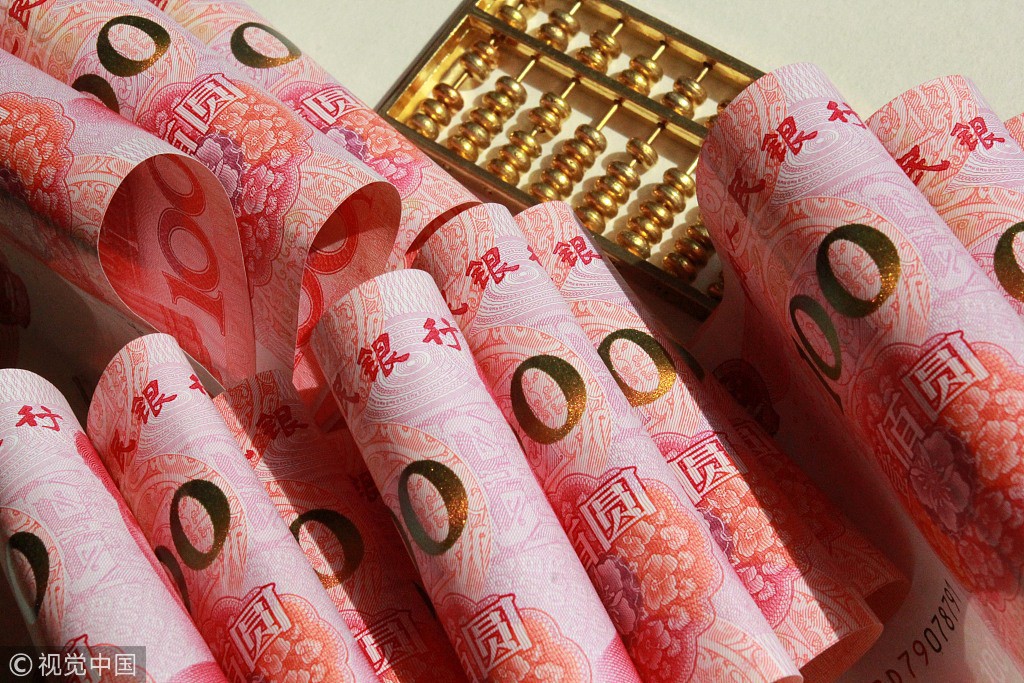
Purchasing real estate as an asset has been seen by Chinese consumers as a safe and reliable investment, and up until this point, it has been.
Many middle and upper-class Chinese go on to purchase second and even third homes. Along with the expectation of future asset appreciation, owning property denotes higher status in Chinese society and is seen as a benchmark one must reach before getting married and starting a family.
During times of economic growth and prosperity, this model works well as investors see healthy returns and official GDP numbers rise.
Basing on these concepts, Evergrande used borrowed money and presold apartments to aggressively amass land and develop projects for years.
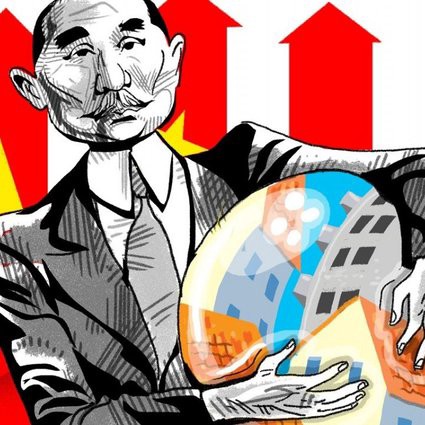
Along the way, the company paid out billions of dollars in dividends to shareholders, including the equivalent of more than $5 billion over the past three years to founder, top shareholder, and Chairman Hui Ka Yan.
THE TALE OF THE DRAGON
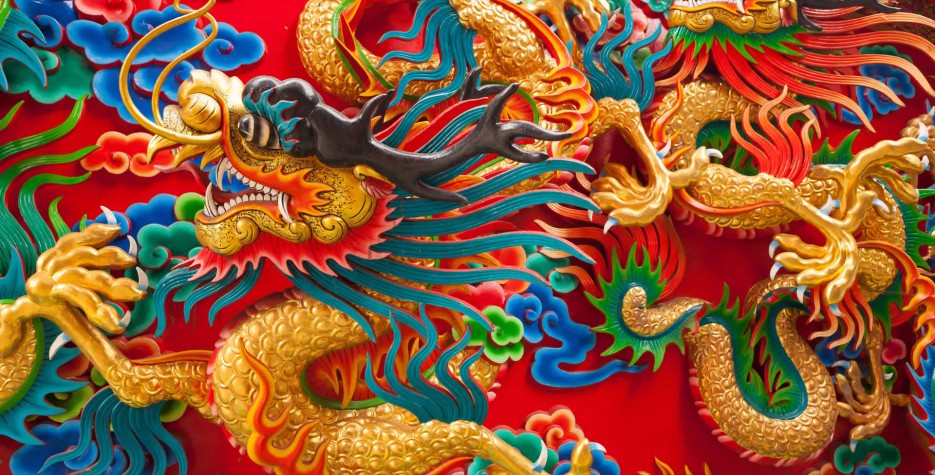
Problems started to emerge last year when pandemic lockdowns hurt property sales for months, and they snowballed into concerns about a cash crunch last fall.
Meanwhile, China’s efforts to crack down on borrowing by real-estate developers via limits kept the company from taking on new debt.
The company faced a huge cash shortage, and due to that, this summer, it started paying some suppliers with unfinished apartments instead of money.
Debt and land-buying curbs and hundreds of new rules have been imposed on Chinese developers over recent years as part of a push to cut financial risks and promote affordable housing.
The new rules include limiting mortgages and credit to developers at 40% of banks’ loan books and requiring developers such as Evergrande to repay the existing debt before borrowing more.
This is part of a broader campaign aimed to impose credit discipline across the economy, but the repercussions of such policies will be dire in case of a possible default, considering that nearly 70% of Chinese household wealth is being tied up in real estate, a collapse in prices would send shockwaves throughout the rest of society.
THE RISE OF ‘GHOST TOWNS’
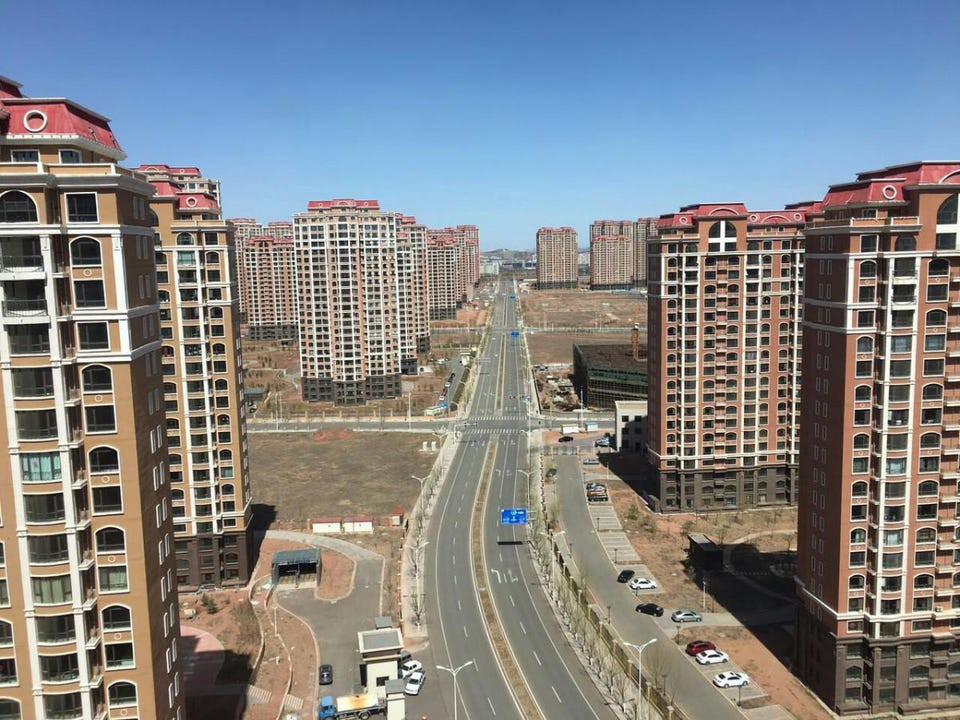
The building standards of Chinese apartments are notoriously low, but this isn’t a problem for most investors because many of them never plan on living in them in the first place.
High rise apartments and railroads were built, but the city failed to populate in its early years, leading to the appearance of the so-called ‘Ghost Towns’:
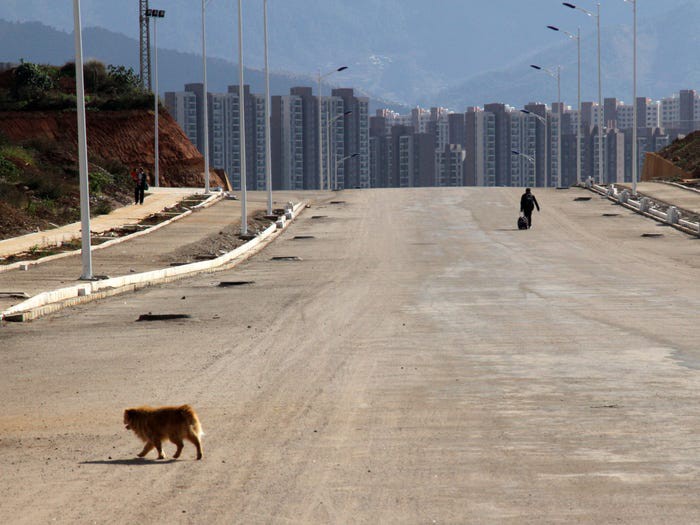
building complex built in such remote areas where the basic connection infrastructure hasn’t yet reached.
The fact that shocks most first-time visitors to the country though is that the apparently empty apartments ALL HAVE OWNERS.
WHERE ARE WE NOW?
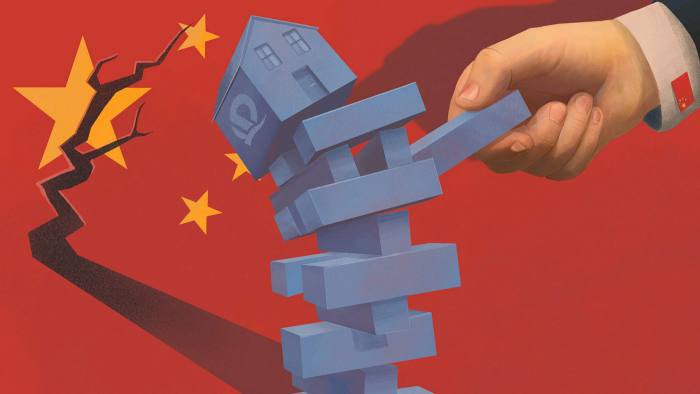
Evergrande has been scrambling to raise funds to pay its many lenders, suppliers, and investors, with regulators warning that its $305 billion of liabilities could spark broader risks to the country’s financial system if not stabilized.
$305 billion in liabilities equivalent to 2% of China’s gross domestic product (GDP)
Other worries include the exposure of banks and the determination of regulators to press on with property market reforms despite hints of damaging consequences.
This storm is unfolding right in the main part of China’s President Xi Jinping’s new ‘COMMON PROSPERITY’ campaign, which is attempting to correct the issue of widening social inequality access to affordable housing is a key component.
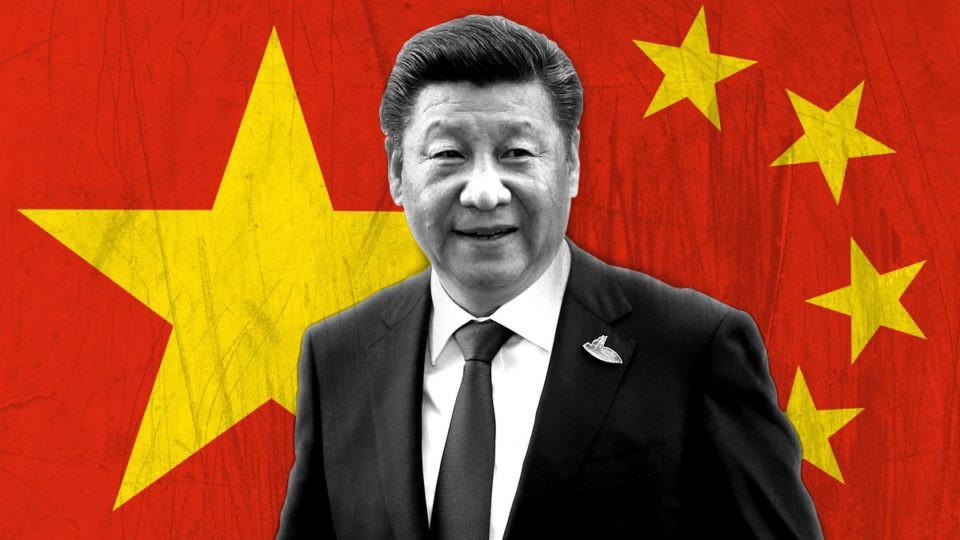
The Chinese government has floated the idea of implementing a nationwide residential property tax to cool the housing market.
Despite that, today, Evergrande represents the largest threat to the nation’s economic stability.
The company may be allowed to default on some bonds or bank loans, but Beijing probably has the capacity to prevent a total collapse. China’s relatively closed financial system, state-owned banks, and weak rule of law allow the government to stage-manage a restructuring to avoid a systemic meltdown.
Evergrande also owes new homes to the many individual buyers who paid in whole or part for homes that aren’t finished yet — and who may have borrowed to fund the purchases.
There is no doubt that besides the case of a potential default (despite being highly unlikely and deeply tied with money printing policies), the situation is causing a lot of social unrest and already a certain degree of financial burden: deeper and deeper wounds in the socio-economic tissue of an already fragmented and wealth-unequal society.
Check out our new platform 👉 https://thecapital.io/
https://twitter.com/thecapital_io
Evergrande: Will WE Ever Learn? was originally published in The Capital on Medium, where people are continuing the conversation by highlighting and responding to this story.



